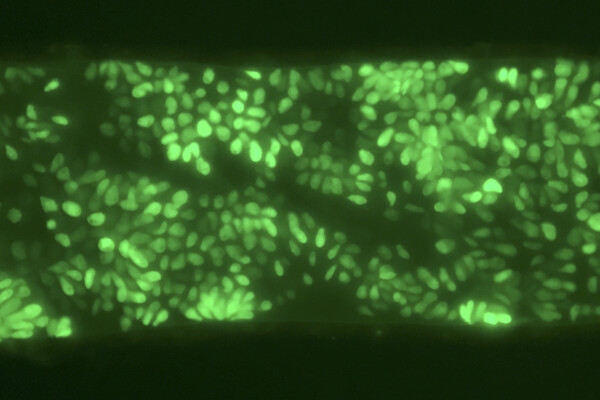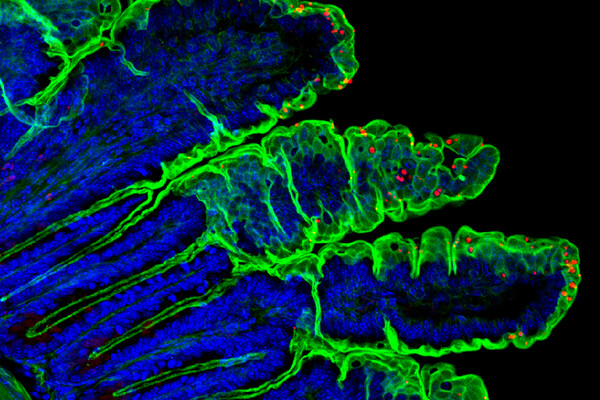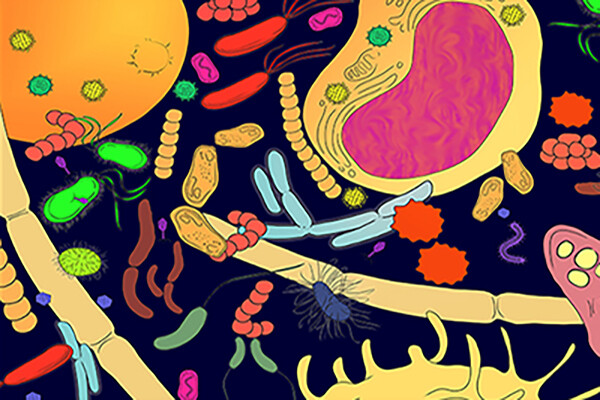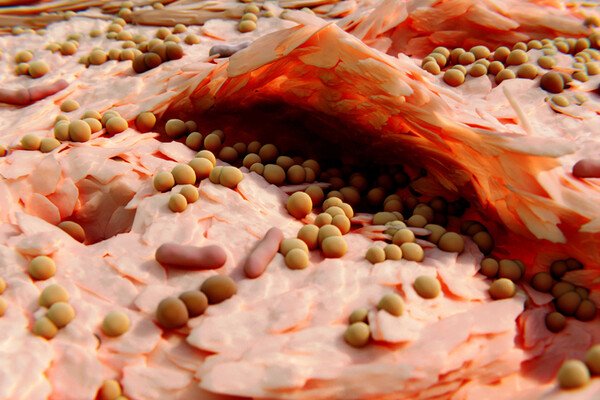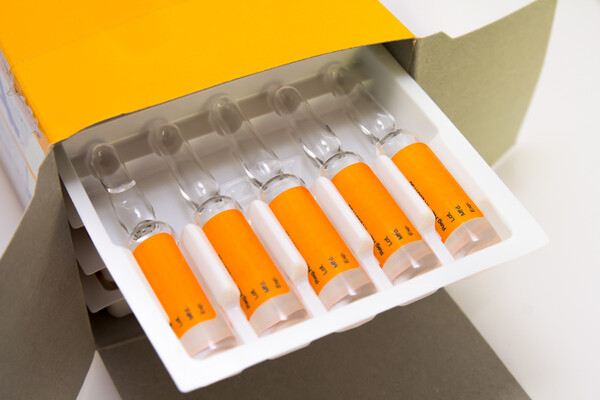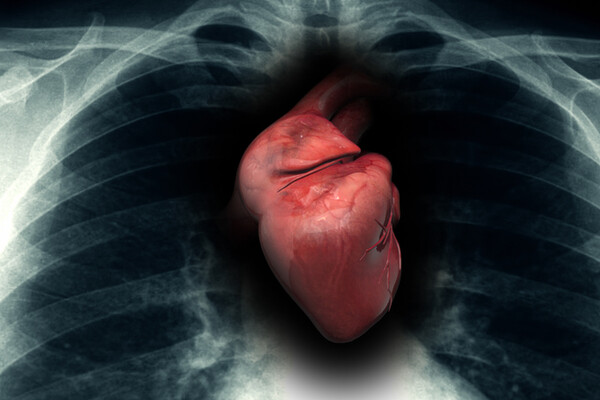5/18
Internal Medicine
A cohort study comes of age
For nearly two decades, a major national study of kidney disease led and coordinated at Penn has defined key risk factors in an all-too-common silent epidemic.
Keeping parasites from sticking to mosquito guts could block disease transmission
Researchers at the School of Veterinary Medicine show how a new model for studying the way parasites known as kinetoplastids adhere to mosquitoes’ insides could illuminate strategies for curbing diseases.
A new drug target for chemically induced Parkinson’s disease
An enzyme that modifies chemicals formed in the body by alcohol, tobacco, and certain foods may be a new target for treating Parkinson’s disease. The altered compounds may play a role in triggering the onset or advancing the progression of the neurodegenerative condition.
Novel model for studying intestinal parasite could advance vaccine development
The intestinal parasite Cryptosporidium causes frequent outbreaks in the U.S., and has been historically difficult to study. A novel model of infection from Penn Vet serves as a new tool to pursue a vaccine.
How to quell a cytokine storm
An international team finds new ways to dampen an overactive immune system, and can influence new drug targets for lupus and other autoimmune disorders.
We’re only as good as our microbiomes are happy
Understanding the microbiome, the collection of bacteria, viruses, and fungi in the gut, is helping to sort out the intricacies of diet, chronobiology, cancer treatment, and more.
Certain strains of bacteria associated with diabetic wounds that do not heal
A new study finds that whether a wound like a diabetic foot ulcer heals or progresses to a worse outcome, including infection or even amputation, may depend on the microbiome within that wound.
App predicts risk of developing hernia following abdominal surgery
A Penn-developed app can predict the likelihood that a patient will develop an incisional hernia following abdominal surgery, utilizing electronic health records to identify the most common risk factors for patients.
A DIY colorectal cancer screening kit
At-home screening kits are found to be effective, with roughly a quarter of patients overdue for screenings mailing the completed kits back within two months.
Hep C-infected organs may be viable option for patients awaiting a heart transplant
Successfully treating the virus post-transplant has the potential for expanding the use of HCV-infected organs, including hearts, to broaden the donor pool for those on a transplant waitlist.
In the News
Cannabis reclassification could be game-changer for U.S. drug policy
Michael Cirigliano of the Perelman School of Medicine says that marijuana deserves to be removed from the same category as LSD, heroin, and fentanyl.
FULL STORY →
Mayor Parker’s plan to ‘remove the presence of drug users’ from Kensington raises new questions
Shoshana Aronowitz of the School of Nursing and Ashish Thakrar of the Perelman School of Medicine comment on the lack of specificity in Philadelphia’s plan to remove drug users from Kensington and on the current state of drug treatment in the city.
FULL STORY →
Potential mpox exposure at school in Port Richmond causes parents to worry: What to know about the virus
Michael Cirigliano of the Perelman School of Medicine says that monkeypox spreads mostly through skin-to-skin contact, though the risk of exposure in normal settings is low.
FULL STORY →
Marc Satalof donated 35 gallons of blood in more than 50 years. At 76, the Montco retiree just rolled up his sleeve for the last time
A longtime Philadelphia schoolteacher has completed his final donation of blood at Penn’s Perelman Center for Advanced Medicine, with remarks from Kristin G. Christensen and Donald Siegel of the Perelman School of Medicine.
FULL STORY →
Why is my dog sneezing a lot? What’s normal and when to worry
Paolo Silvestrini of the School of Veterinary Medicine says that the most frequent reasons for abrupt, sudden canine sneezing may involve a foreign body or allergic reactions to environmental allergens.
FULL STORY →
1 in 4 inmate deaths happens in the same federal prison. Why?
David Vaughn of the Perelman School of Medicine says a delay in diagnosis of testicular cancer of more than six months is an independent predictor of a lower chance of survival.
FULL STORY →




